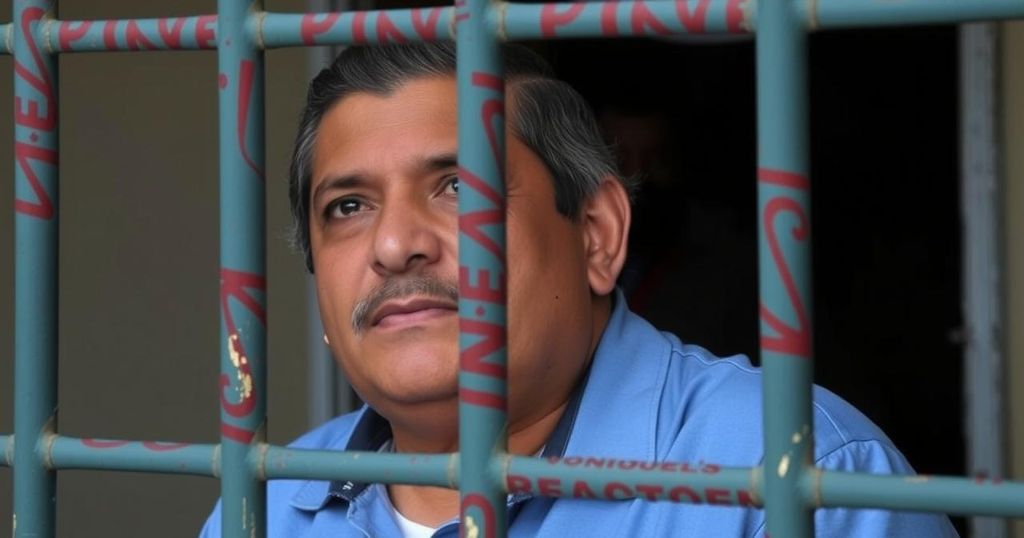Approximately 25% of those detained following Venezuela’s July presidential election have received release orders, as confirmed by Attorney General Tarek William Saab. This decision responds to increased international pressure amid a crackdown that led to over 2,000 arrests during widespread protests asserting electoral fraud.
In the aftermath of the civil unrest following Venezuela’s July presidential election, approximately 25% of the individuals detained have received prison release orders, as declared by Attorney General Tarek William Saab. In a statement on Instagram, Saab detailed that his office sought and achieved 533 release measures linked to the unrest. However, the specific number of executed orders remains unclear. The action comes as President Nicolás Maduro faces growing international scrutiny over the government’s repression, which included over 2,000 detentions of both adults and minors during the crackdown.
The Venezuelan government escalated its repression in the wake of rampant protests fueled by conflicting claims from the governing party and opposition regarding the election results. Human rights organizations have reported at least 24 fatalities during these protests, many attributing blame to state security forces. International pressure has mounted, with the United States, the European Union, and several Latin American peers demanding greater transparency from Venezuela’s National Electoral Council regarding the election results and votes, amidst allegations that the Maduro administration manipulated the election outcome in favor of its chosen candidates.
Venezuela has been embroiled in political turmoil, especially following the July 2023 presidential election, which saw significant civil unrest and claims of electoral fraud. The opposition candidate, Edmundo González, asserted a two-to-one victory based on independent tallies, prompting widespread protests and a violent crackdown by government forces. The Maduro administration has faced extensive criticism domestically and internationally for its handling of dissent and the treatment of detainees. Amid the clamor for accountability, a reassessment of the detention of individuals during this volatile period has been initiated, with some releases now being reported.
In summary, the Venezuelan government’s announcement regarding the release of approximately a quarter of those detained following the recent presidential election signals a response to both domestic unrest and mounting international criticism. While the move may alleviate some pressure, the broader implications of political repression and the quest for electoral integrity remain pivotal issues. Continued calls for transparency from international bodies suggest that the situation in Venezuela will require sustained scrutiny and engagement.
Original Source: apnews.com






